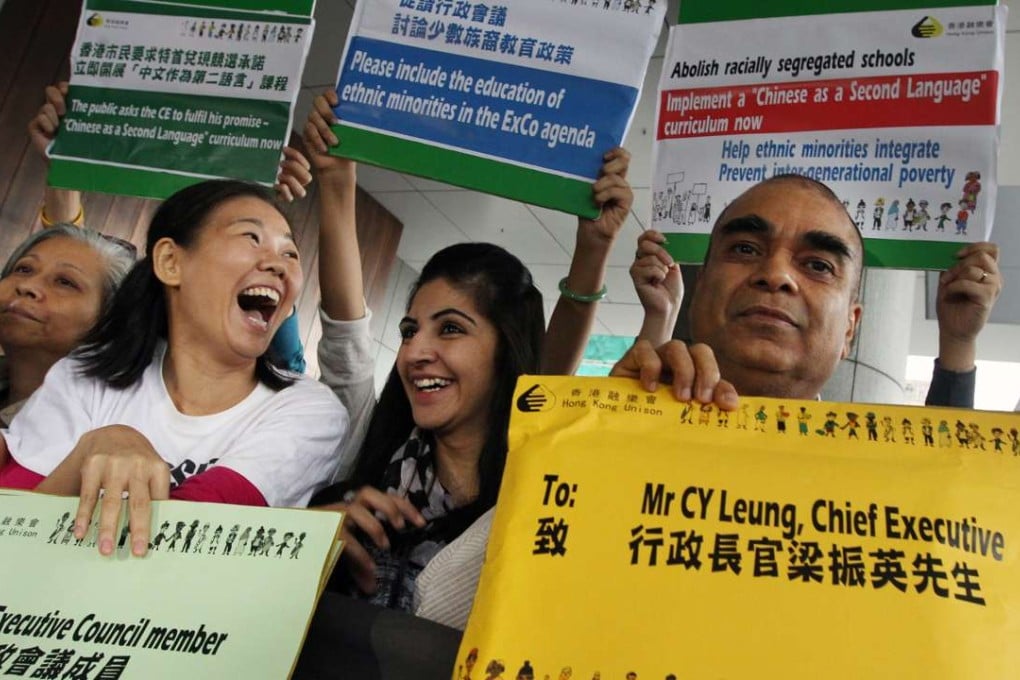Policies needed which give ethnic minorities level playing field

Candidates have been campaigning vigorously for next month’s Legislative Council election.
At election forums, few candidates mention ethnic minorities. Lawmakers have a duty to promote policies for the betterment of all Hongkongers, including ethnic minority residents. Perhaps few candidates are aware of ethnic minority issues, one of which is the longstanding problem of the language barrier and difficulty integrating into a predominantly Cantonese-speaking society. Legco candidates should be aware of three important facts.
Firstly, ethnic minority students are local students. The government often uses “local students” to refer to Chinese students only. However, many ethnic minority children were born and raised in Hong Kong. While this may seem like a petty quarrel on semantics, the official discourse reveals much of the thinking of those who formulate policies. By not referring to ethnic minorities as local students, the government posits ethnic minorities as foreign and their needs peripheral. This has led to policies that overlooked ethnic minorities’ needs.
Secondly, English alone is not enough to survive in Hong Kong.
It’s a widely held belief that one doesn’t need the Chinese language to succeed in Hong Kong if one has a good command of English. With it being an international city and the fact that English and Chinese are official languages means many people believe fluency in written and spoken Chinese is optional as long as academic grades are good. However, many employers assume all job applicants understand, speak, and even read and write Chinese.
Unison research published in May found that if one does not have Chinese language proficiency, one is limited to only 19 per cent of the 1,500 surveyed job ads. The level of Chinese taught to ethnic minorities must be enhanced to increase their employability – which brings us to the third fact.